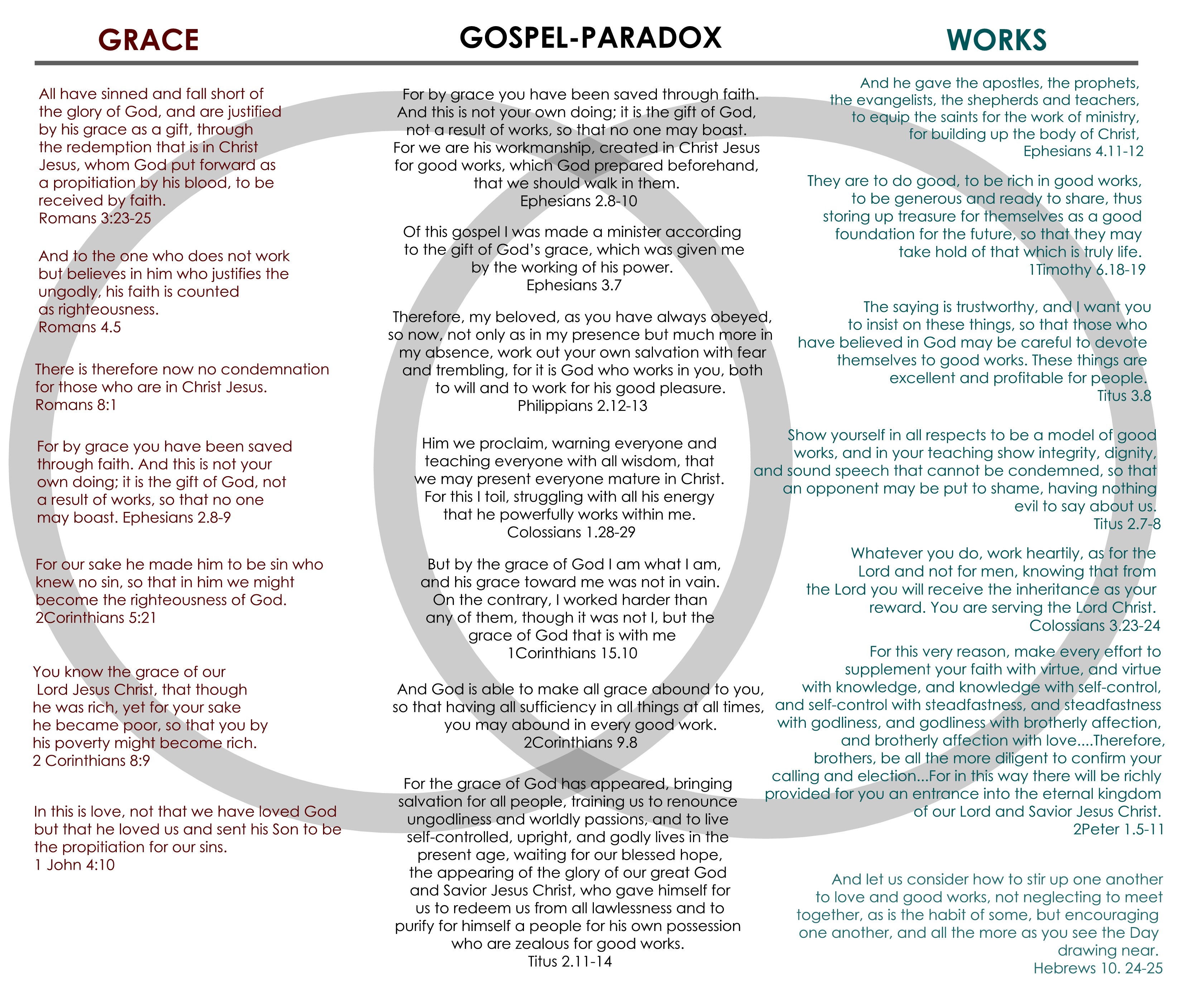I don’t know why I am writing this blog right now. And though I would like to pretend it is an effort to “teach” others, I have a feeling it is in fact intended as a lesson for me. A lesson about what? It’s the same lesson I am always learning–sanctification. What is sanctification? A simple definition is, “loving Jesus more and sin less.” This simple definition does not explain how exactly this happens, which is why I think I am writing. The following quote is what inspired me to write:
same lesson I am always learning–sanctification. What is sanctification? A simple definition is, “loving Jesus more and sin less.” This simple definition does not explain how exactly this happens, which is why I think I am writing. The following quote is what inspired me to write:
“It is when we change from looking at ourselves with our imperfections, sinfulness, and helplessness and turn to the Lord Jesus and see and depend on His power and perfection, that we can expect a transformation to begin.”
The motivation is glory for God. There are a lot of reasons that men and women will fight against their sinful flesh. Most of them are the wrong ones. More often than not, people fight sin simply because they were “caught” doing something they shouldn’t–they’ve hurt themselves or someone else. In response, they fight so that people will admire them again, so that they will feel good about themselves, as some sort of penance expected by those they hurt, or in order to make some relationship “happier (work, marriage, etc.). In the pursuit of godliness, all such motivations will ultimately fail because they all fall short of the primary purpose for which we were created–to glorify God (and as a result, enjoy Him). God has always been about His own glory, namely, because He’s the greatest being that has ever and will ever exist. In the Old Testament we see God increasing the odds against his people (Judges 7.2) so that his greatness will be magnified. The Psalmist in Psalm 115 sings a song not often found on the Christians’ top 10 list, “Not to us, O LORD, not to us, but to your name give glory...”. And lastly Paul, charges us to give God glory, whether we’re eating, drinking, or doing anything for that matter (1Cor 10.31).
The power for change is glory of God. Ironically, the motivation for our pursuit of godliness is also the power by which it is accomplished. 2Corinthians 3.16-18 says, ” But when one turns to the Lord, the veil is removed. Now the Lord is Spirit, and where the Spirit of the Lord is, there is freedom. And we all, with unveiled face, beholding the glory of the Lord, are being transformed into the same image from one degree of glory to another. For this comes from the Lord who is the Spirit.” In other words, focusing on the glory of God is the key to real transformation. But how do we do that? If we’re not careful, even our efforts to “glorify” God can become sinful if we misunderstand God’s glory. Sin is so evil it takes good things and makes them bad. We don’t “behold” God’s glory through moralistic efforts to reform our behavior–that would be seeking our own glory. Instead, we focus on WHO, not what, God’s glory is. We behold Jesus. Hebrews 1.1-4 tells us that Jesus is the “radiance of the glory of God.” Putting the 2Corinthians and the Hebrews passages together, we see that change comes from contemplating, meditating, focusing, studying, and worshiping the person Jesus.
The hope is glory with God. As we fight FOR the glory of Jesus, BY the power of Jesus, what do we hope happens exactly? Again, this echoes back to our motivation question. We are not motivated FOR the glory of Jesus and empowered BY the glory of Jesus to get something other than glory with Jesus. 2Thessalonians 2.14 says, “ To this he called you through our gospel, so that you may obtain the glory of our Lord Jesus Christ.” We live with an eternal perspective, not to obtain glory here, but to experience glory there with Him because we are heirs with Him (Romans 8.16-17). We hope in salvation through faith in Jesus, and that salvation is the eternal glory of Jesus himself (2Tim 2.10), basking in His presence of Jesus forever.
If our motivation is not for glory of Jesus, then we will never get beyond temporal reformation to eternal transformation. If our power is not by the glory of Jesus, but rooted in our own efforts, we will never get beyond self-righteousness or self-indulgence to self-denial. And if our hope in this world, and beyond, is not be “rest” in the glory of Jesus, then we’ll never get beyond hell (even if we think it is paradise) to heaven.
To Him be the glory forever and ever, Amen.



